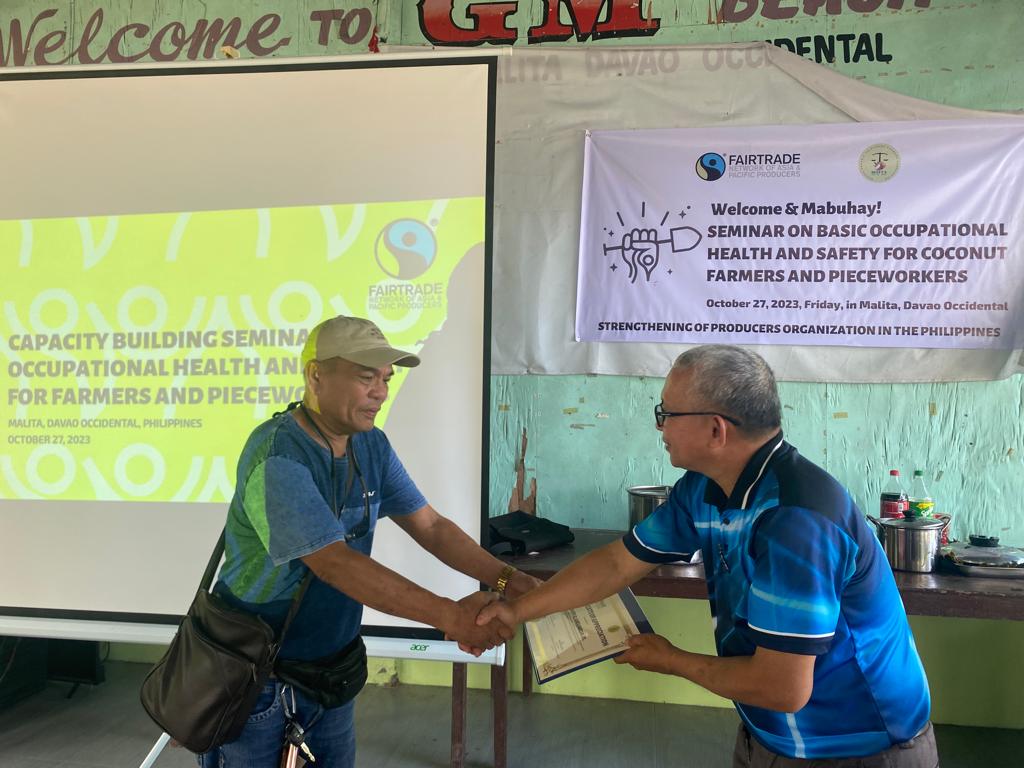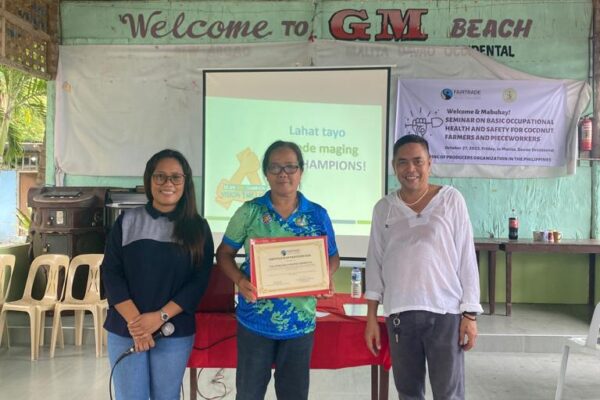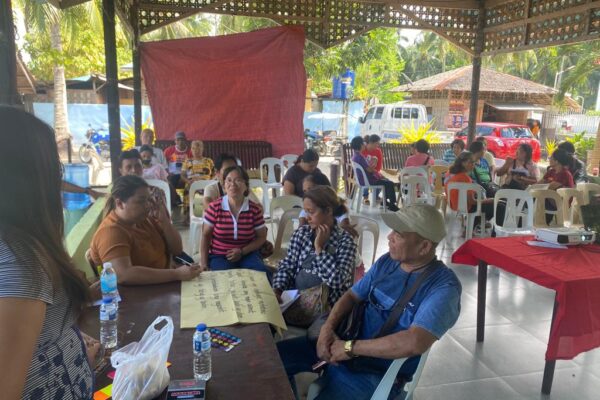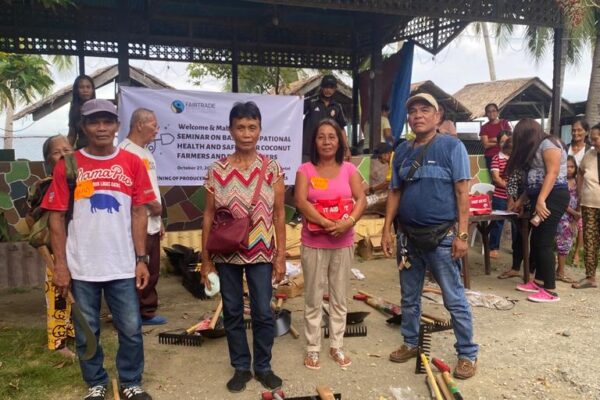What distinguishes Fairtrade from the ordinary? At its core, Fairtrade establishes a unique framework of social, economic, and environmental standards for both companies and farmers intricately woven into the supply chain. It safeguards the rights of farmers and workers. It means more than just sustainable practices—it signifies a commitment to the proper handling of crop protection products, nurturing a landscape where responsibility and good agricultural practices intertwine seamlessly. Simultaneously, Fairtrade extends its watchful gaze to companies, compelling them to uphold the Fairtrade Minimum Price safety net and go beyond by contributing an additional Fairtrade Premium.
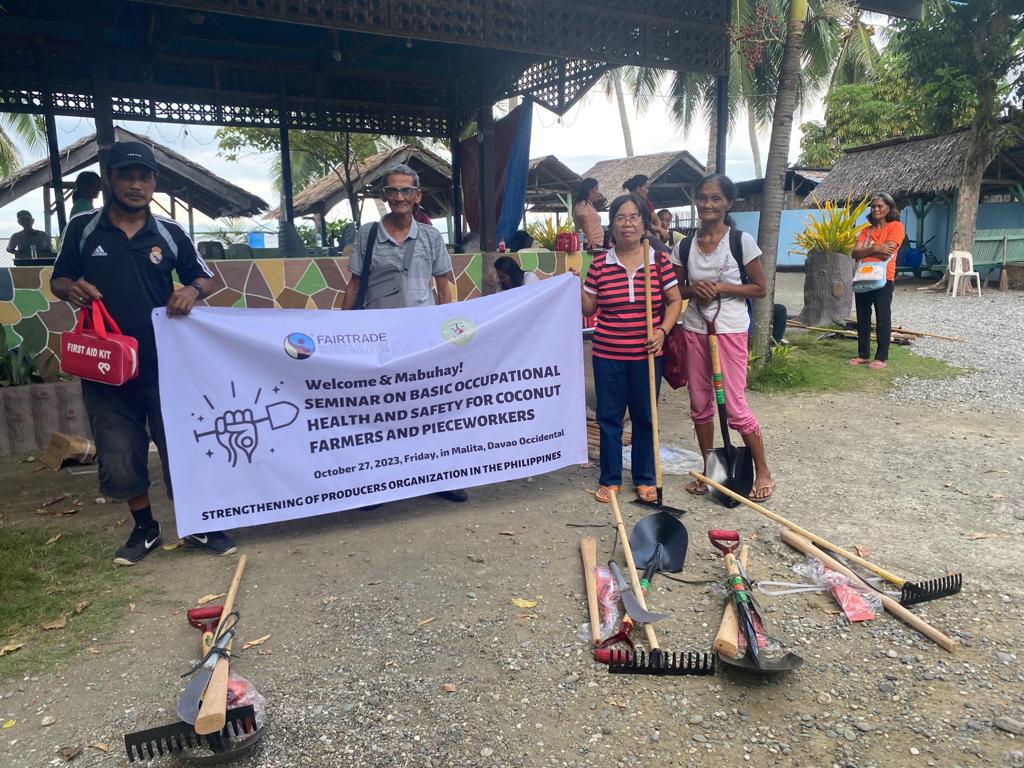
Aligned with the Department of Labour and Employment (DOLE) regulations and other pertinent laws, Fairtrade meticulously attends to the welfare of farmers. Adhering to DOLE’s Occupational Safety and Health Standards, Fairtrade ensures a protective shield around those who cultivate our lands. This commitment manifests in the insistence on wearing appropriate) and the implementation of safe handling practices for inputs and farm implements.
“Training is very interesting and timely. Occupation health and safety should be widely disseminated to create awareness to the general public.” – John Paul Convocar, Fairtrade Farmers Coconut Multipurpose Cooperative
The Capacity Building Training on Occupational Health and Safety and acquisition of farm tools and Personal Protective Equipment (PPE) was the first initiative of Fairtrade NAPP for coconut farmers in the Philippines. In response to an SPO’s request, it aims to elevate awareness of health and safety practices among 50 participants from 3 organizations, encompassing both seasonal laborers and pieceworkers of their farms. During the training session lasting 3 hours, coconut producers in the Philippines delved into the Code of Good Agricultural Practices (GAP) and Occupational Safety and Health Standards, with a methodology encompassing both lecture and hands-on instruction on the proper use of farm tools and equipment. Farm tools and first aid kits were also distributed during the session.
“In this seminar, I realized the importance of the health and safety of farmers and farm workers in the farm. And how to lead as a good example as leader in managing my farm. I hope NAPP to continue the good service to the farmers and others, and God bless you all.” – Teresita Amarillo, Fairtrade Farmers Coconut Multipurpose Cooperative.
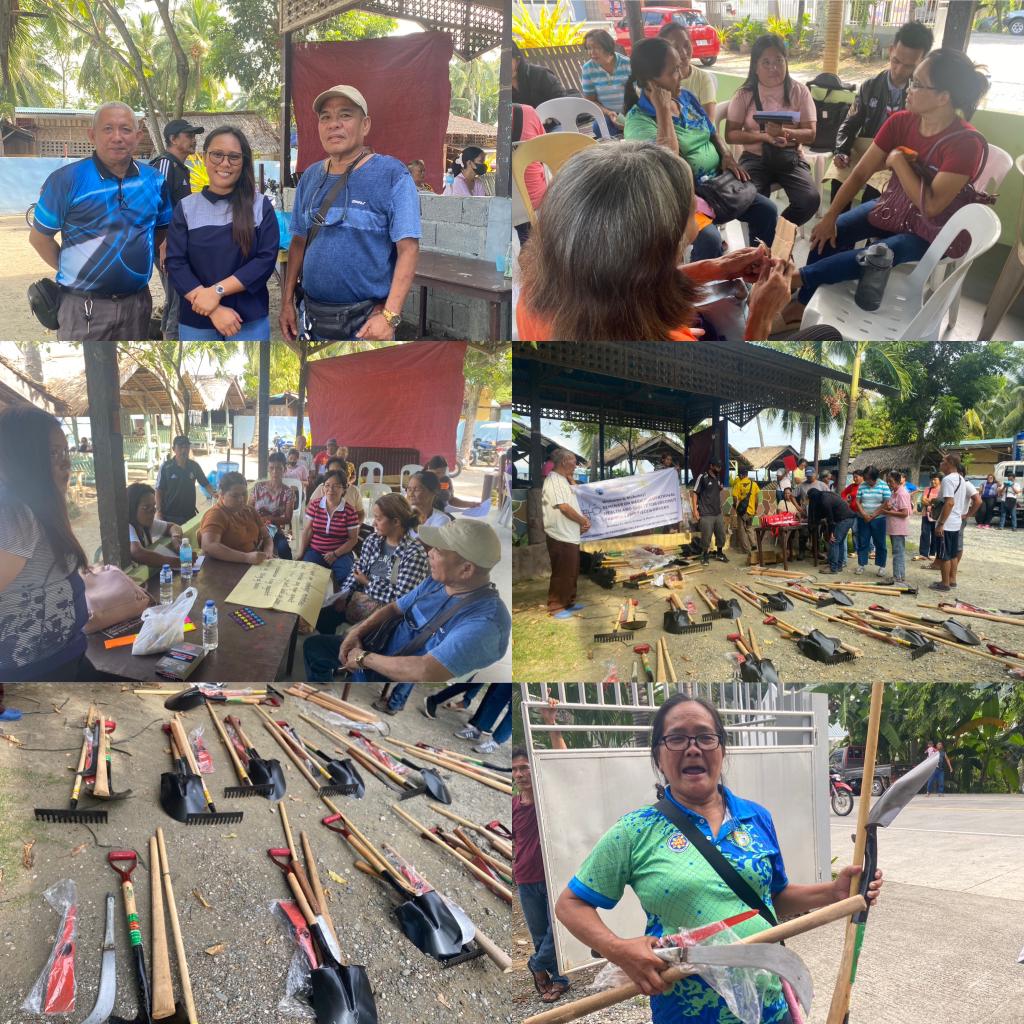
Participants gained foundational knowledge in occupational health and safety by mastering the adept use of farm tools and equipment while integrating these newfound skills into their work. Further opportunities arose as our resource speakers from government offices extended an invitation to partake in additional training. This specialized session focused on establishing and refining a model farm for coconut seedling cultivation and the preparation of organic inputs for tree fertilization. The Philippine Coconut Authority, emphasized the key strategies for enhancing coconut farm productivity: planting hybrid local seeds, replacing unproductive trees, and implementing soil fertilization to sustain tree health and boost nut production.
“I’m very happy and thankful for being part of this event. I am very satisfied of the topic. Very relevant, timely and important for us. I hope we can attend to more training like this.” – Subaida Angos, 5Malita Organic Fairtrade Farmers Association (MOFFA)
